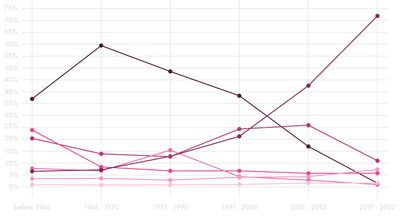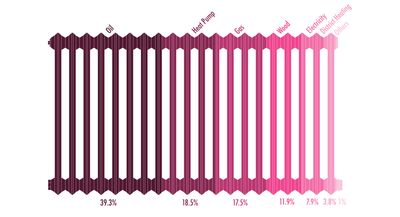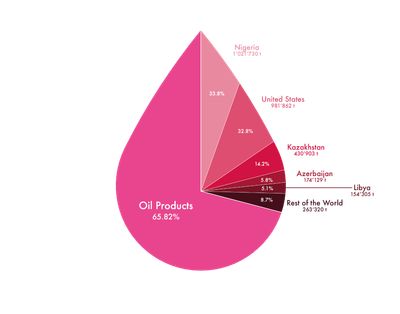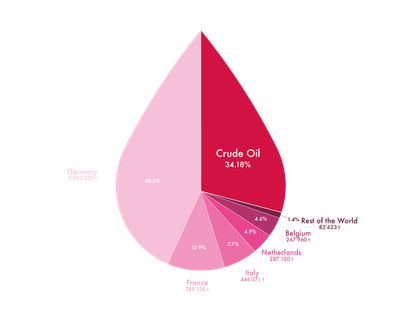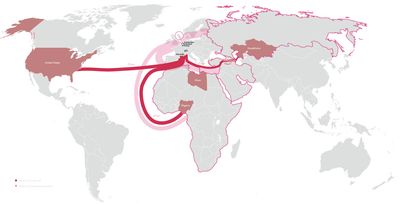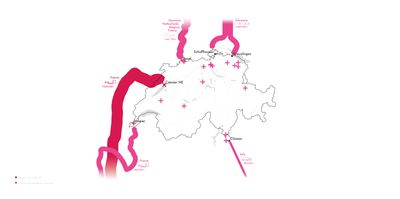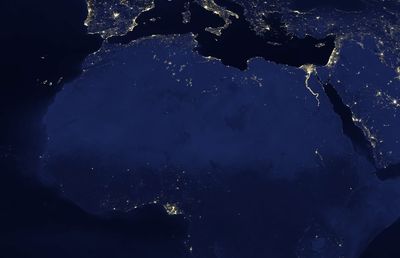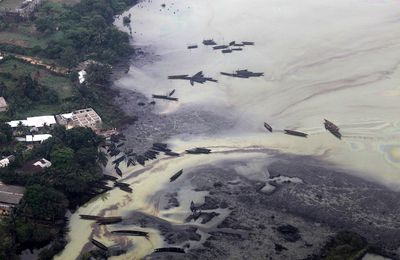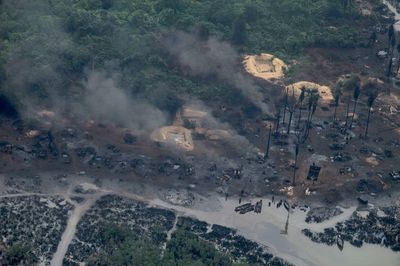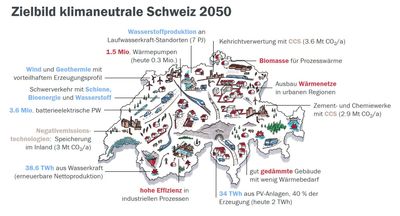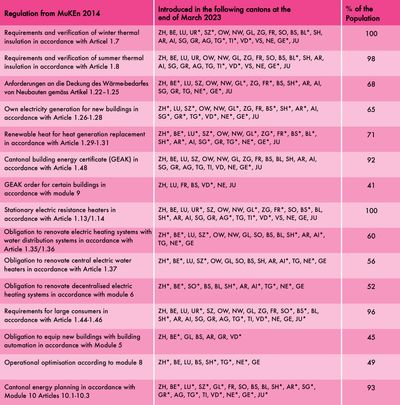AtlasAVIA and OilMeta Hunold and Tina Solé Borda
Petroleum is the leading energy source in the world. Around 31.6 % (~53,000 Twh) of the world’s energy is produced by oil. In Switzerland it is 36.3 %. It fuels our transport, heats our houses and is used for plastic, chemicals and synthetic materials. Modern society is dependent on it. With concerns about climate change arising, the oil industry is in the spotlight. Though is a complete shift away from oil consumption even possible in nowadays society? If not, how would the future with oil look like? These questions will be left unsolved.
The Dream of Energy Independence
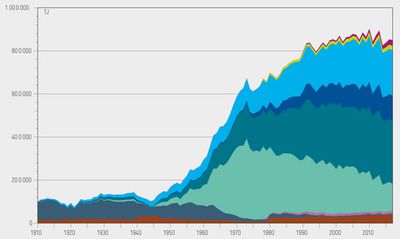
Energy consumption between 1910 and 2017 by energy source. Source: BFE, 2016.
- Other renewable energies
- District heating
- Electricity
- Gas
- Fuels
- Crude oil fuels
- Waste from industrial production
- Coal
- Wood
Alongside natural gas and coal, crude oil is one of the fossil fuels that were formed millions of years ago and are extracted today. In the beginning of the 20th century, the agricultural society in Switzerland used primarily wood and other biomass as energy source. On a small scale, wind power was also utilised for shipping, waterpower for mills and peat for heating. Since the 18th century, coal was also increasingly used for heating.
It was the great demand for a suitable fuel for light sources that propelled the investigation of petroleum and brought its success. Large oil deposits were discovered in various parts of the USA in the second half of the 19th century. From there, oil fever quickly spread around the world, with discoveries in Sumatra, India, Burma, Russia, Romania, and Canada. Paraffin, which is obtained from crude oil, was a cheap and abundant alternative to whale oil. Paraffin lamps made it possible to extend working hours into the night in the industrialised late 19th century. Additionally, the invention of petrol-powered engines made petrol the vital force of the mobile world. Without petrol, there would have been no individual mobility — and without this, no urbanisation in the second half of the 20th century.
The idea of today’s central hot water heating was invented by Martin Trifvald in the 18th century. He developed the idea of using fire to heat water, which in turn warms the room. The system was nevertheless first introduced in households in the 20th century. These systems were first powered by coal and wood, and later by petroleum.
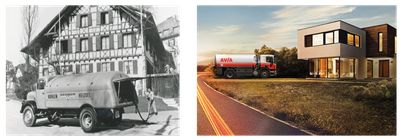
Petroleum allowed an increased commodity. It was delivered to the house with tank trucks. Because of its broad availability and affordable prices, the clients perceived an idea of energy independency. This has not changed much. Today, the advantages of oil regard its high reliability, supported by its research for decades and the easy maintenance and repair. The supply is secured thanks to numerous importing countries (up to 30 producing countries), with a variety of suppliers which increases the cost-effectiveness of ordering oil.
Nowadays, with increasing social concern about climate change, alternatives are being studied. Petroleum continues to be the most used energy source, closely followed by gas. New buildings are being built with alternative energy systems such as heat pumps.
Nevertheless, because of Switzerland’s old average of construction years, the total average is still dominated by fossil fuels.
From the Oil Well to the Heater

Switzerland does not have its own crude oil, which is why importation is needed. The country imports approximately two thirds of the total oil as raffinate products—that means petroleum ready for use such as gasoline, heating oil and diesel—and one third of crude oil.
Switzerland’s Oil Import 2022
Crude oil comes mostly from Nigeria and the USA but also from Azerbaijan, Kazakhstan and Libya. The products are then transported mostly through ship tankers and some parts of pipeline and are delivered to the harbour in Marseille. From then, the pipeline “Oléoduc sud-européen” transports the oil to Cressier. This is the only producing refinery in Switzerland and raffinates all the imported crude oil.
Raffinate products are imported almost exclusively from European countries. Germany provides 68 % followed by France, Italy, the Netherlands and Belgium. These countries import their oil from Eastern Europe, the Middle East, Africa and the North Sea. It arrives by tankers to the ARA region (Amsterdam-Rotterdam-Antwerp). They are afterwards distributed and raffinated in the different European countries and then exported by train, ship, pipeline, or truck to different cities in Switzerland.
The oil ends up at one of the hundred depots in Switzerland and is stored until it’s time to be transported with trucks or trains to the clients. A national law ordains 4.5 months of national oil consumption or 3.3 Million litres to be stored in oil depots at all time. The clients have it delivered to their house, is pumped into the home oil tank and is ready for use to warm the rooms.
Oil Extracting Countries and the Natural Resource Curse
The resource curse, also known as the paradox of plenty, is the phenomenon of countries with an abundance of natural resources (such as fossil fuels and certain minerals) having less economic growth, less democracy, or worse development outcomes than countries with fewer natural resources. This phenomenon brings multiple negative consequence to the country:
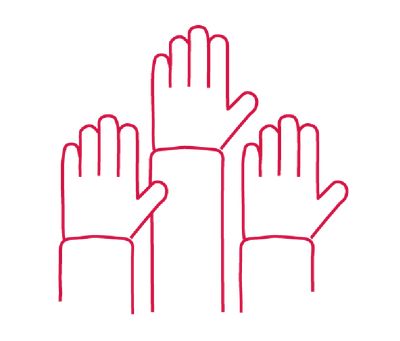
Governments are more likely to transition to democracy when they rely on citizen taxation rather than revenue from natural resources.
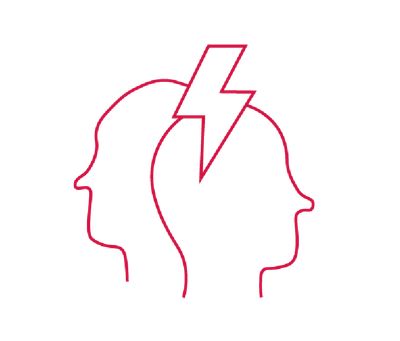
Different groups fight for control and use of resources. Since 1990, oil-extracting countries have been twice as likely to have a civil war compared with non-oil-extracting countries.
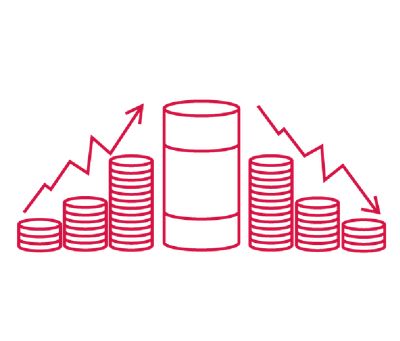
A large increase in the economic development of a specific sector can lead to the decline in other sectors. This lack of diversification abstains economic growth. It can also inflate the country’s currency, making exports pricier for importers.
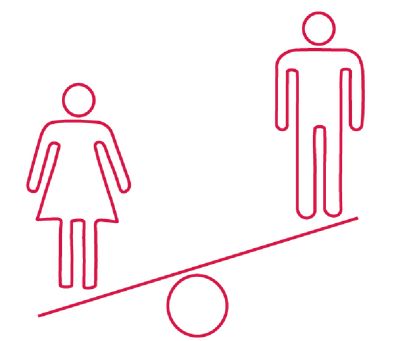
Countries rich in oil reserves tend to have fewer women in the workforce and a smaller representation of women in government. Additionally, the large influx of men to communities surrounding a site of extraction leads to a rise in violence against women.
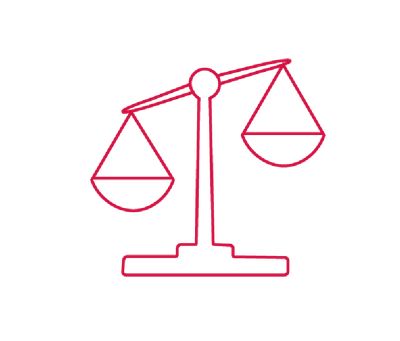
In some cases, only a small share of the production value of the resource stays in the country. Additionally, governments often over-borrow which can lead to debt crises when revenues decline.
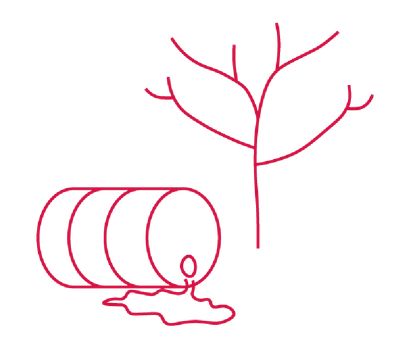
Mining activities cause various environmental problems such as dust pollution, scarring of the landscape, noise pollution, water contamination, excessive water usage and gas flaring. Additionally, they can strain economic, social and cultural relations due to the influx of people they attract.
Nigeria, Switzerland biggest crude oil importer, faces important negative consequences because of their oil extraction. The country is the world’s 8th largest producer of crude oil yet remains one of its poorest nations: approximately 70 % of its residents live below the poverty line. The environment has also been drastically affected. An estimated 500 million gallons of oil have spilled into the delta. A number of factors have contributed to these disasters: poor construction and maintenance, lax regulation, militant attacks, and petroleum thieves, not to mention government instability and abuse of power. The country’s economy has been affected by the Dutch disease. The over dependence on oil is a major cause of instability, lack of meaningful progress and dysfunctional government in Nigeria.
The Network of Oil Associations

Source: Avenergy Suisse, SwissOil, Avia.
Avenergie, or the Erdöl-Vereinigung/Union petrolière as it was called until 2019, is an association that was founded in 1961 to represent the interests of heating oil dealers and petrol station operators. It was later taken over by the oil companies Shell, BP, Total and Exxon Mobil, which still mainly finance the association today. In addition, the trade association is mainly in favour of importers of liquid fuels and a leading lobby against climate protection.
Swissoil is the umbrella organization of the fuel traders in Switzerland. It is divided in several regional associations such as Swissoil Aargau, Swissoil Bern-Solothurn, Swissoil Ost, Swissoil Romandie and Swissoil Ticino. Swissoil is committed to free and efficient fuel trading and the economic, legal and technical requirements of its members. To this end, Swissoil is involved in the Federal Parliament through representatives who have been granted access or directly through politicians. In the legislative period from 2015 to 2019, a representative of Swissoil was granted access to the Federal Parliament by Céline Amaudruz, and the then-President of Swissoil, Albert Rösti, was also a member of the National Council. The latter was elected as a member of the Federal Council in 2023 and holds the Department of the Environment, Transport, Energy and Communications (UVEK).
Although Avenergie and Swissoil are two separate organisations, there are some obvious similarities. Both have the same address in Zurich and the same logo with the only difference being the colours. They also have a large number of similar members. For example, Osterwalder St.Gallen AG is a member of AVIA, Swissoil, as well as Avenergie.
AVIA is known as the largest provider of petrol stations in Switzerland. However, AVIA is an association in the energy trading sector and not all 90 member companies from 15 European countries are active in the import or export of mineral oil. However, the close connection between AVIA and oil dates back to the founding of the association. In 1927, several independent mineral oil importers from Switzerland joined forces in order to be stronger in the international market. In the 1950s, more and more companies joined, many of them from neighbouring European countries. As a result, AVIA International was founded in 1960. In 1998 AVIA reached its current size with over 3000 petrol stations in Europe.
What’s to Come in the Oil Industry
The goal of Swiss energy policy is a so-called „Netto-Null“ by 2050. To this end, the federal government first amended the “Energieperspektiven 2035” (EP 2035) in response to Fukushima in 2011. The federal government then extended and amended EP 2035 once again in 2013 to create the “Energieperspektiven 2050”. The EP 2050+ is the latest version of the federal government’s vision and a further development of EP 2050. The “Gebäudepolitik 2050+” (GP 2050+), a category of EP 2050+, describes the strategic energy and climate policy principles of the cantons in the buildings sector.
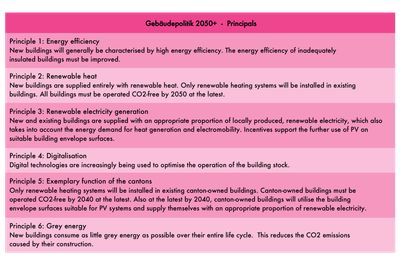
Source: BFE, 2023.
This is particularly important as buildings account for around 45 % (87 TWh) of Switzerland’s energy consumption and around 24 % (10.4 million tonnes) of national CO₂ emissions. The GP 2050+ model envisages, among other things, a reduction in heat demand from 65 TWh to 45 TWh, as well as an increase in the energy yield of PV systems to 34 TWh from 2.6 TWh and a reduction in fossil heat generation to 0 TWh. This is to be achieved with several principles.
The MuKEn (model regulations of the cantons in the energy sector) is a valuable catalogue of provisions, particularly in the building sector, which focuses on energy efficiency, the promotion of renewable energy and the reduction of CO₂ emissions. Federal legislation states that the regulation of the construction, expansion and renovation of renewable energy plants, the regulation on the mandatory use of solar energy, the regulation of economical and efficient use of energy, the reduction of CO₂ emissions from fossil-fuelled heating systems is left to the cantons amongst other things. Compliance with the regulations from MuKEn 2014 also varies from canton to canton.
Fuel and lubricants are still a major part of AVIA’s business. Additionally, there are now a few members involved in alternative energies. Wind energy is mainly operated in Germany and surplus energy is claimed to be used to produce hydrogen in Switzerland. One member that trades in hydrogen in Switzerland is Osterwalder St.Gallen AG. Another member is UNIMOT Group, a producer of solar panels from Poland. Solar energy is mainly used by AVIA to cover its own consumption and to feed the EV chargers. Solar panels are mounted on petrol station roofs for this purpose. In addition, AVIA also sells pellets as heating material in Switzerland.
Avenergy also has posted their philosophy of a future with oil:
Conclusions
1) The dream of energy independence is just that—a dream.
The term of energy independence is provided by a huge chain of actors, which can not be taken for granted. A lot of people and resources are needed that you can fill up your own oil tank. Social and economic change can affect the supply chain on a large scale, as seen with the oil crisis from 1973 or the Ukraine war.
2) Today’s society is still highly dependent on oil.
Without oil, around 40 % of the houses would be without heating and mobility would be highly decreased. The fast transition away from oil requires a lot of compromises and long term solutions.
3) The interest in oil business is not decreasing.
The private sectors will not close the door on oil. They accept what is necessary and when confronted point out improvements already achieved.
4) One’s warm living room is the others source of hardship
Few profit from oil, while many suffer poverty. Meanwhile we enjoy the comfort of a working furnace and a full oil tank in the cellar. Home-delivered like an Amazon package.
